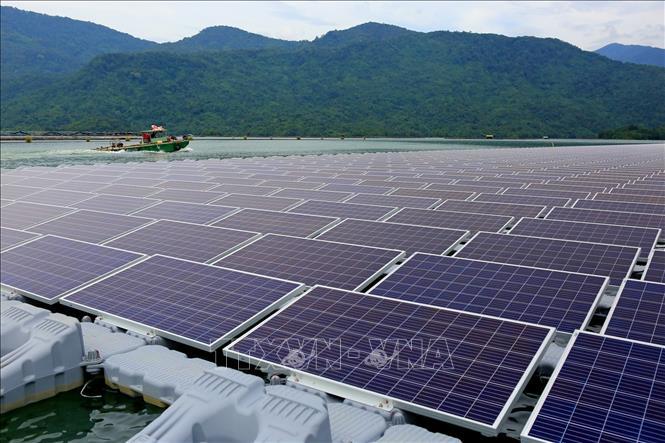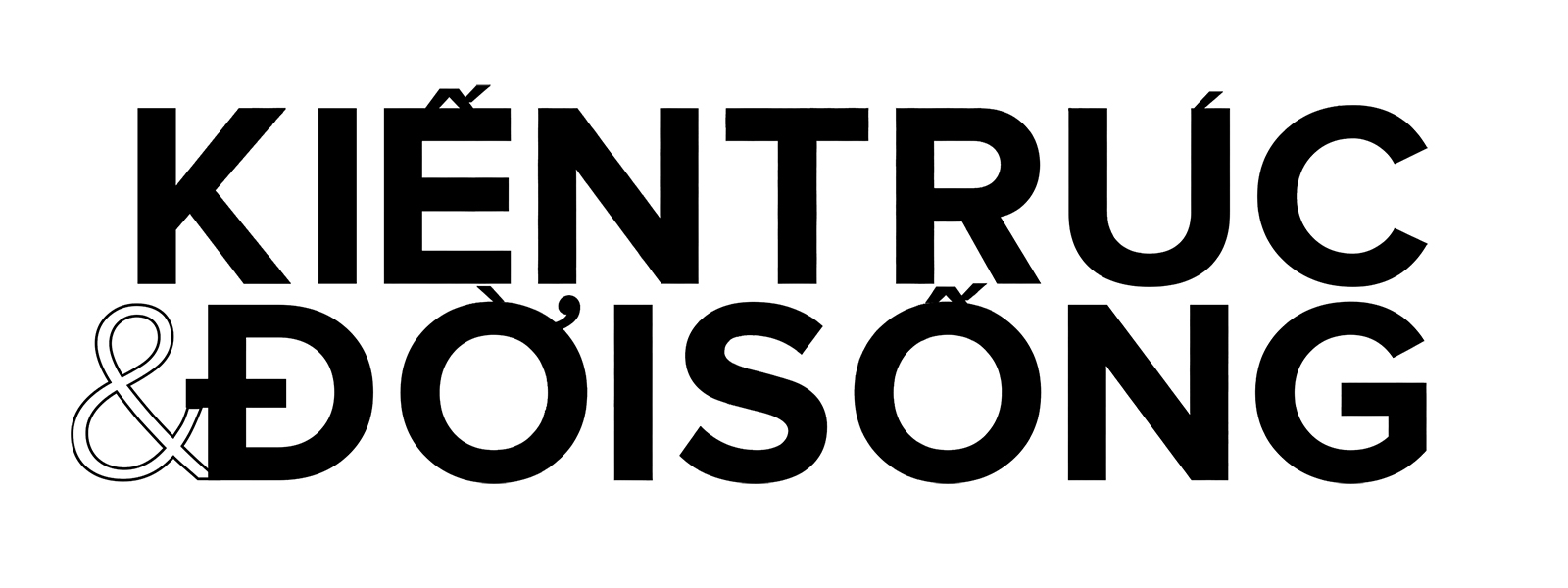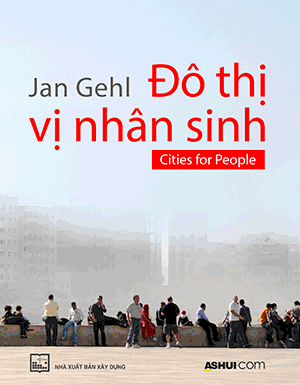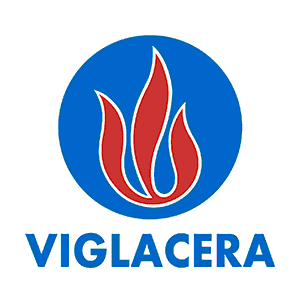Vietnam’s energy transition is facing challenges, especially as the transition is expected to ensure energy security, power supply, and reasonable costs.
Vu Chi Mai, an expert from the German Agency for International Cooperation (GIZ), said that with its incentive mechanisms, Vietnam has rapidly developed solar and wind power sources, bringing the proportion of renewable energy to nearly one-third of the installed capacity of the national power system.

Dong Hai Wind Power Plant in Dong Hai commune, Duyen Hai district, the Mekong Delta province of Tra Vinh. (Photo: VNA)
However, bringing those energies to the national grid faces limitations because the transmission system is often at full capacity. In addition, to promote the available capacity of these clean power sources, Vietnam must invest in more stable and flexible power sources such as pumped hydropower storage or storage systems for solar power plants.
Another big challenge is that during the energy transition, the replacement of traditional fuels from gasoline, coal, and gas to electricity is huge. On the positive side, it will help reduce emissions to the environment, but this puts great pressure on the electricity industry, both in operation management and in the concerted development of the power system associated with energy efficiency.
Nguyen Anh Tuan, an energy expert, also said that Vietnam is undergoing a strong energy transition with the rapid participation of wind power and solar power which are uncertain sources as they rely on weather conditions and locations that are not always ready for power generation.
When their proportion in the country’s power generation structure is higher, it will pose challenges for managers and operators of power systems and lines. Therefore, to accelerate the energy transition to greener, cleaner energies, it is necessary to develop a forecasting tool to balance the demand and generation capacity of renewable energy sources.
However, according to Tuan, without careful calculations on the transition from fossil fuels to the electricity in industries like transportation or construction, the risk of power shortage is great, not to mention the energy transition will not progress as expected.

Floating solar farm on Da Mi Reservoir in the south-central province of Binh Thuan. ( Photo: VNA)
Wind and solar power are not the sources of energy that will help Vietnam ensure national security, said Sean Lawlor, an energy expert at the US Embassy in Vietnam.
To achieve the net-zero target, which means to have the amount of carbon added to the atmosphere not exceed the amount removed, Vietnam needs to speed up its energy transition process which began in 2019, he said, elaborating that this means the country needs to transition from coal-fired power sources to liquefied natural gas, biomass, ammoniac, or hydrogen power sources.
Stuart Livesey, the Vietnam Country Director for Copenhagen Offshore Partners (COP) - the offshore wind project developer of Copenhagen Infrastructure Partners (CIP), said that countries and suppliers around the world are now setting their targets for green-sourced supply chains and green energy.
Many of those have strong commitments to the energy transition, so Vietnam must speed up the transition to maintain its position as a key export market in Southeast Asia, he said.
“Admittedly Vietnam is a little behind many other countries where the green transition is well underway, and demand for suitable solutions, infrastructure, and skilled resources need to support this. However, there is still time to achieve this, provided Vietnam can make the necessary reforms and key decisions to enable this transition and avoid missing critical milestones.”
Currently, it is fundamentally impossible to deliver a commercial offshore wind farm in Vietnam due to a lack of necessary regulatory framework for this new industry. There is also a lack of flexibility for the offtake of energy to transition to allow for these offshore mega-projects which can provide enormous benefits for the country, he said./.
(VNA)
- IFC innovative move to help boost climate resilience of buildings in Vietnam
- Saigon Talks 01: Daniel Zamarbide (BUREAU)
- Hung Yen to help ease housing burden on Hanoi
- HCMC to greenize first five industrial parks
- Mired in real estate
- Dong Nai endorses plan to build three bridges to HCMC
- AFD may cut off aid for Can Tho embankment project
- Bridge linking Quang Nam, Danang to be built
- Vietnam gets foreign financial backing for decarbonization effort
- CIP seeks to develop 10-GW offshore wind power project in Vietnam




























